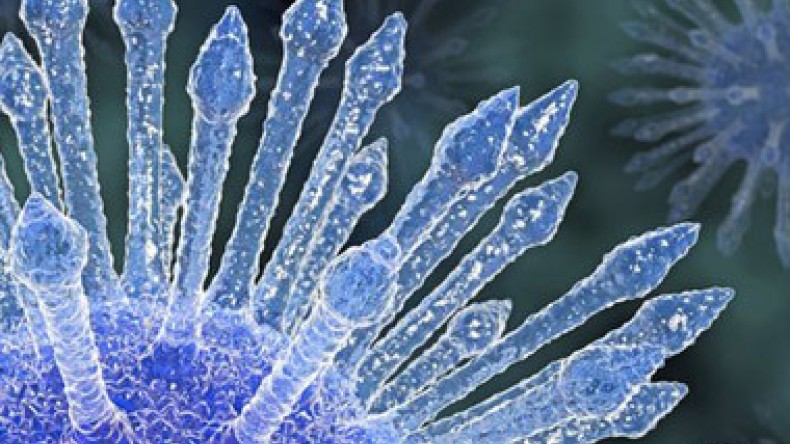
Early HIV drugs may not stop virus
HIV can rapidly form invulnerable strongholds in the body, dashing hopes that early treatment might cure the virus, according to new research, BBC reported.
A baby was thought to have been cured with treatment hours after birth, but the virus emerged years later.
Monkey research, published in the journal Nature, suggests untouchable "viral reservoirs" form even before HIV can be detected in the blood.
Experts described it as a "sobering" and "striking" finding. Reservoirs of HIV in the gut and brain tissue are the massive obstacle in the way of a cure. Remarkable progress in developing antiretroviral drugs means HIV can be kept in check in the bloodstream and patients have a near-normal life expectancy. But if the drugs stop, the virus will emerge from its reservoirs.
International research is focused on flushing the virus out of its reservoirs, but there had been hope that early treatment could prevent them forming in the first place.
Dan Barouch, professor of medicine at Harvard Medical School, said: "Our data show that in this animal model, the viral reservoir was seeded substantially earlier after infection than was previously recognised. We found that the reservoir was established in tissues during the first few days of infection, before the virus was even detected in the blood."
Newsfeed
Videos






























